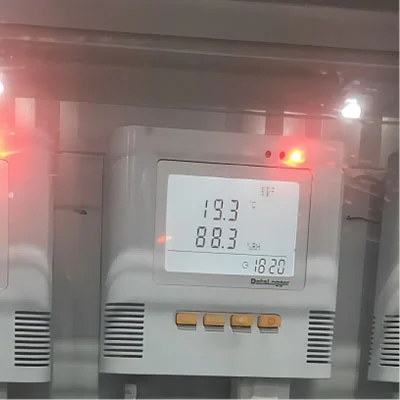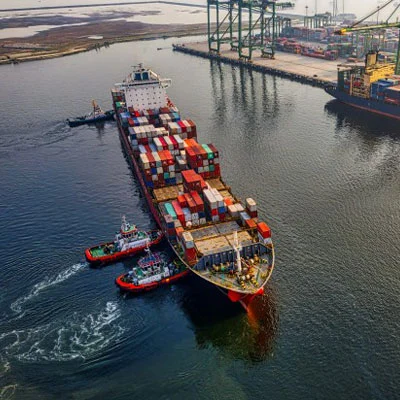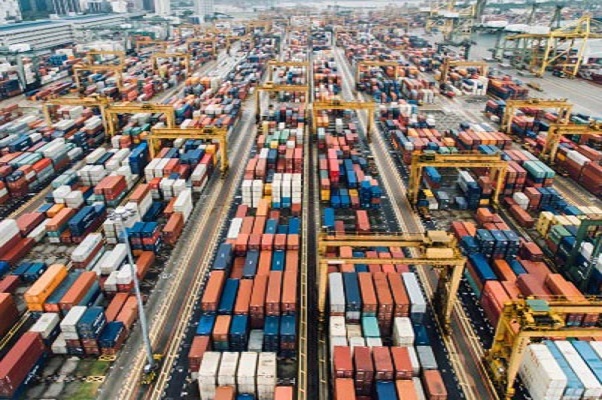+
In today's interconnected world, the delivery of aid and medical supplies is more critical than ever. Whether it's responding to natural disasters or combating disease outbreaks, swift and efficient pharma transport plays a vital role in saving countless lives. The pharma transport industry, with players like Hansa International, has revolutionized the way essential medical supplies are transported, ensuring that aid reaches those in need promptly. In this blog, we will explore the impact of pharma transport on human aid delivery.
One of the most significant challenges in aid delivery is the timely transportation of pharmaceutical products, especially to remote or war-torn areas. Pharma transport companies, like Hansa International, specialize in overcoming these logistical hurdles. They have developed extensive networks and advanced technologies to ensure that medicines reach their destinations swiftly and securely. This has been particularly crucial during health emergencies, such as the recent COVID-19 pandemic or the distribution of life-saving vaccines in low-resource settings.
Many medical products, such as vaccines and certain drugs, require strict temperature control during transportation to maintain their efficacy. The pharma transport industry has made significant advancements in cold chain management, ensuring the safe delivery of temperature-sensitive medications. Hansa International, for example, utilizes state-of-the-art refrigerated trucks and temperature-controlled containers to preserve the integrity of these essential drugs. This not only guarantees the effectiveness of the medicines but also enhances patient safety by preventing the use of compromised products.
When natural disasters strike, people in affected areas rely heavily on aid organizations to provide them with basic necessities and medical aid. Pharma transport plays a crucial role in facilitating disaster relief efforts by ensuring the timely arrival of medical supplies to affected regions. With their expertise in logistics and transportation, companies like Hansa International can quickly mobilize resources, coordinate with relief organizations, and deliver pharmaceutical products, enabling affected communities to receive the assistance they desperately need.
In humanitarian crises such as conflicts or refugee situations, delivering medical aid becomes even more challenging due to safety concerns and limited infrastructure. Pharma transport companies navigate these difficult environments, often working in collaboration with humanitarian agencies, to reach those in need. They employ innovative solutions such as air drops, mobile clinics, or partnering with local healthcare providers to ensure that even the most vulnerable populations receive the necessary medical support. By enabling the delivery of pharmaceutical products in challenging environments, these companies contribute significantly to improving the well-being and healthcare access of vulnerable populations worldwide.
In conclusion, pharma transport has become a lifeline for human aid delivery, ensuring the timely transportation of lifesaving medicines, efficient cold chain management, facilitating disaster relief efforts, and enabling humanitarian missions in challenging environments. The role of companies like Hansa International in this crucial sector cannot be emphasized enough. Together, they continue to make a positive difference in saving lives and improving the health outcomes of countless individuals around the world.






